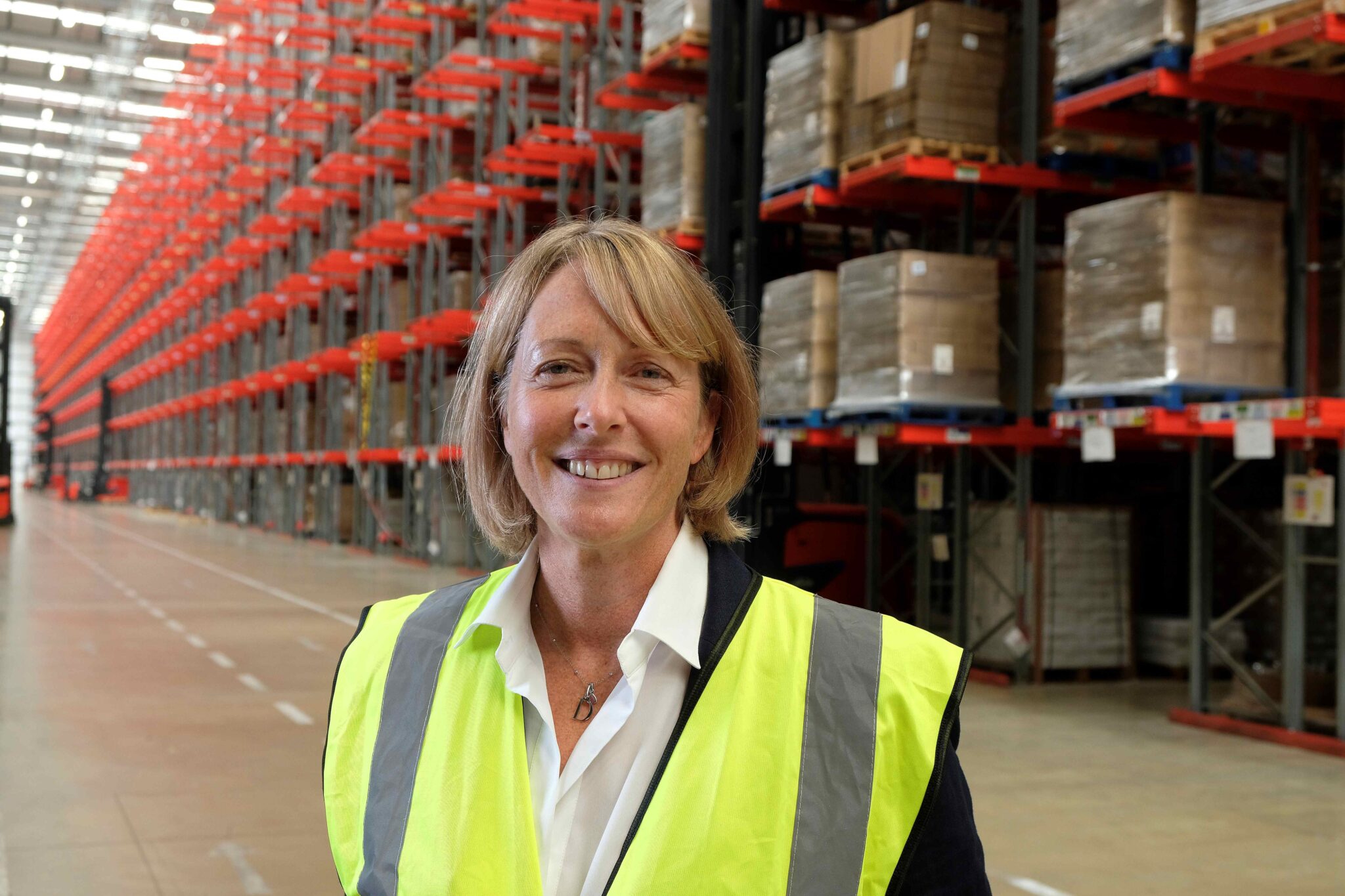St. Modwen Logistics, one of the UK’s leading logistics developers and managers, has completed the construction of a second warehouse at St. Modwen Park Gatwick for DHL Group. The company, which has been a tenant at the park since 2011 and already occupies a 64,000 sq ft unit, has signed a 15-year lease for the new facility.
The c.115,000 sq ft warehouse is set to achieve a BREEAM ‘Excellent’ rating and is EPC A+ rated, achieving the highest possible level of energy efficiency. The warehouse’s green credentials also include the installation of 1,900 sqm of PV panels on the roof to generate renewable energy needed to power the building’s 12,000 sq ft of Grade A office space and ensure it is net-zero carbon in operation.
Active and sustainable travel will be encouraged at the park with 28 EV charging spaces installed as well as the inclusion of cycle bays and shower and changing facilities. The landscaped site includes hedgerows and plants, which will result in a biodiversity net gain of 39%, as well as new amenity areas for both local communities and DHL Group staff, including a trim trail, cycle path and outdoor gym equipment.
Situated just 3km from Gatwick airport, alongside Junction 10 of the M23, St. Modwen Park Gatwick provides excellent links to central London. This location is beneficial to companies looking to be close to Gatwick Airport as well as to the main motorway routes into central London. DTRE and BNP Paribas are the retained leasing agents for St. Modwen Park Gatwick.
Ellen Thomas, Senior Development Manager at St. Modwen Logistics, commented: “We are proud to announce the completion of our new, sustainable warehouse at St. Modwen Park Gatwick for DHL Group. This is a state-of-the-art warehouse facility that will support up to 150 jobs, helping to sustain a thriving local economy. This is DHL Group’s second development on the site, underlining how we are working in partnership with our customers to deliver the high-quality, bespoke spaces they need to succeed.”
Jake Huntley, Partner at DTRE, commented: “We are observing more occupiers focusing on energy efficient accommodation and we are proud to have been able to offer St. Modwen Park Gatwick to environmentally conscious customers. The success of the scheme is testament to St. Modwen’s ability to deliver critical logistics infrastructure to the highest standards.”











